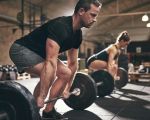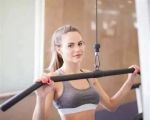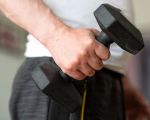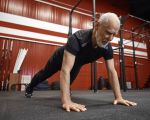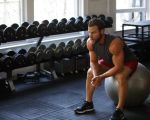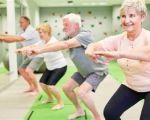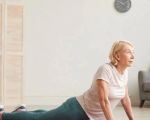- 1-Understanding-Bodybuilding-Competition-Requirements
- 2-Designing-Your-Gym-Workout-Plan
- 3-Importance-of-Nutrition-and-Recovery
- 4-Key-Exercises-for-Muscle-Building
- 5-Progressive-Overload-and-Training-Intensity
- 6-Real-Life-Success-Stories
1. Understanding Bodybuilding Competition Requirements
Preparing for a bodybuilding competition demands more than just building muscle—it requires sculpting a physique that meets specific criteria set by competition judges. These often include muscle size, symmetry, definition, and stage presence. Understanding the standards and expectations early in your training helps tailor your gym workout plan effectively.
Different federations and competition classes might emphasize varying aspects, so researching your target contest is crucial. For example, classic bodybuilding prioritizes balanced proportions, while men’s physique focuses more on aesthetics and conditioning. Knowing these distinctions ensures your training aligns with your goals.
2. Designing Your Gym Workout Plan
Creating a gym workout plan for bodybuilding competition involves structuring workouts that maximize hypertrophy while improving muscle definition. Typically, a split routine targeting specific muscle groups on different days allows for focused training and adequate recovery.
Your weekly schedule might look like chest and triceps on day one, back and biceps on day two, legs on day three, shoulders on day four, and a rest or active recovery day. Incorporating compound lifts such as bench press, deadlifts, and squats forms the foundation, while isolation exercises refine muscle details.
Adjustments to volume, intensity, and rest intervals help shift your body composition toward the lean, muscular look preferred on stage.
3. Importance of Nutrition and Recovery
Nutrition is pivotal in bodybuilding competition prep. Achieving low body fat levels while maintaining muscle mass requires a precise balance of macronutrients, caloric intake, and meal timing. Many competitors follow cyclical dieting plans, such as carb cycling, to optimize fat loss and energy levels.
Recovery is equally important. Intense training breaks down muscle fibers, which rebuild stronger during rest. Sleep quality, hydration, and stress management play critical roles in muscle repair and hormonal balance.
Incorporating supplements like protein powders, BCAAs, and creatine, under professional guidance, can support your nutritional goals.
4. Key Exercises for Muscle Building
Focusing on key exercises that target major muscle groups efficiently accelerates progress. For chest development, bench presses and dumbbell flyes are essential. Squats and leg presses target quads and glutes, while deadlifts engage the posterior chain including hamstrings and back.
For shoulders, overhead presses and lateral raises help build width and definition. Incorporating isolation movements like bicep curls and tricep extensions ensures balanced arm development. Variation in grip, tempo, and equipment maintains muscle stimulus and prevents plateaus.
5. Progressive Overload and Training Intensity
Progressive overload—gradually increasing the weight, reps, or training volume—is key to muscle growth. Tracking your workouts ensures consistent progression. High-intensity techniques such as supersets, drop sets, and forced reps can intensify sessions, enhancing muscle fatigue and adaptation.
Balancing intensity with recovery prevents overtraining injuries. Listening to your body and adjusting based on performance and fatigue levels maximizes gains while reducing burnout risk.
6. Real-Life Success Stories
Many bodybuilders have shared how structured gym workout plans transformed their physiques and competitive results. Take Jake, who used a tailored split routine combined with disciplined nutrition and rest, winning his first local bodybuilding title within a year.
Another inspiring story is Sarah’s, who overcame early struggles by focusing on compound lifts and progressive overload, achieving remarkable muscle definition and stage confidence. These examples highlight the power of commitment and the right training approach.
For personalized workout plans and expert guidance, Fitness offers a variety of resources, products, and professional services designed to help aspiring bodybuilders succeed in competition.

